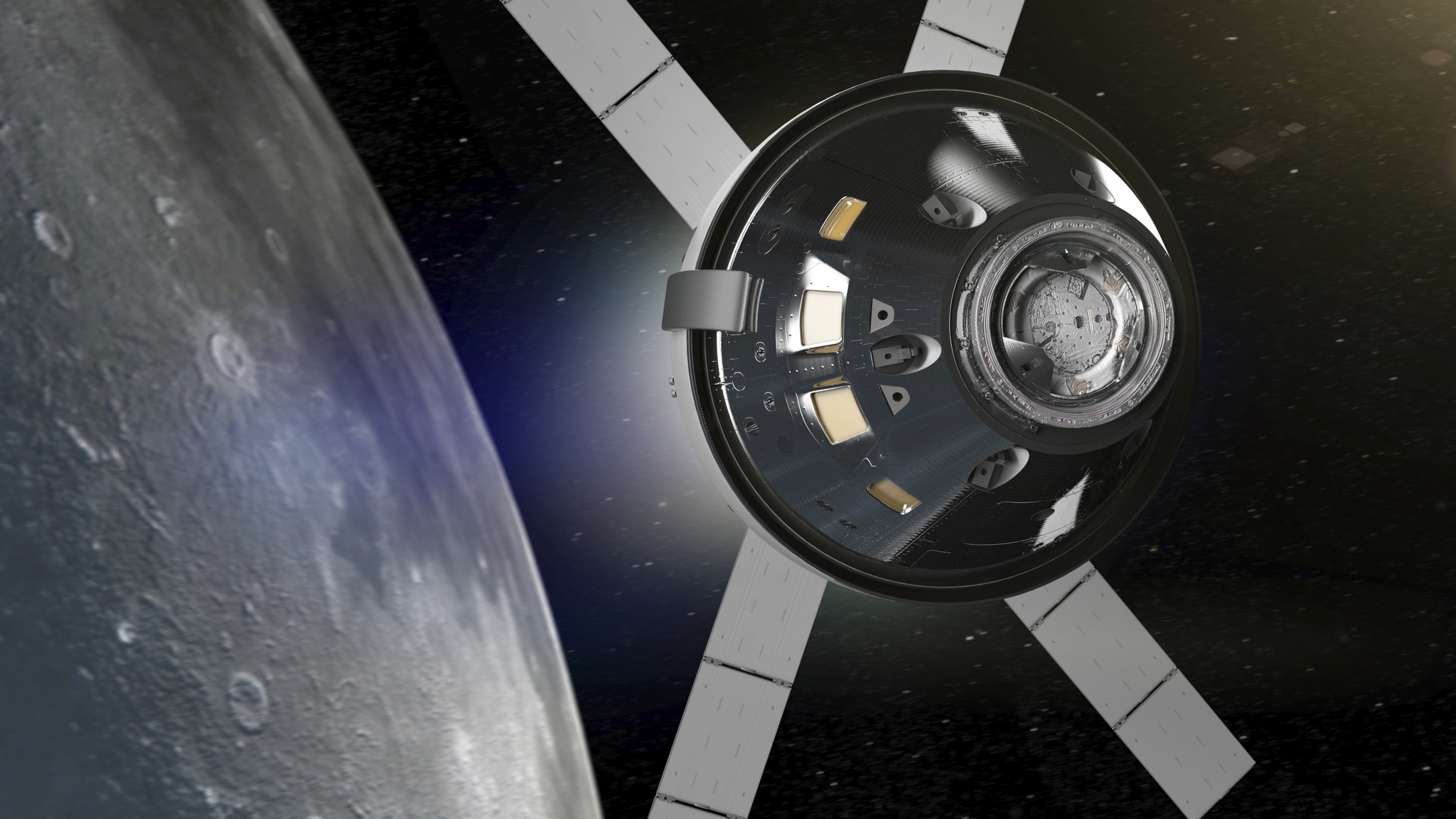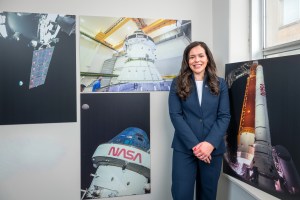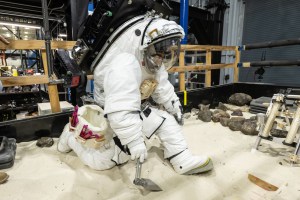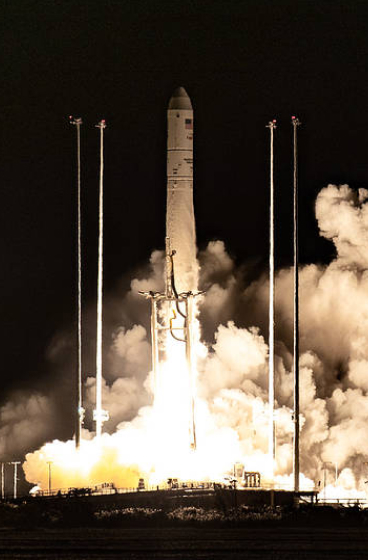NASA has selected 18 participants to track the Artemis I Orion spacecraft on its historic journey to and from the Moon.
The uncrewed Artemis I flight test, targeted to launch Nov. 14, will provide a foundation for deep space human exploration and test the Orion spacecraft and the Space Launch system rocket against the extremes of space. Artemis I is starting a new era of lunar exploration and preparing us for future crewed missions to the Moon and beyond.
The selected participants – five international space agencies, an academic institution, nine commercial companies, a nonprofit, and two private citizens – will demonstrate whether they can receive Orion’s signal and use their respective ground antennas to passively track and measure changes in the radio waves transmitted by Orion. These measurements will be made during three distinct phases of Orion’s approximately 25-day mission: the journey to the Moon, its orbit above the lunar surface, and the journey back to Earth.
Data collected by participants will be provided to and analyzed by NASA’s Space Communications and Navigation (SCaN) program at NASA Headquarters in Washington, following Orion’s return to Earth. If successful, these antennas and the supplemental data they provide could be used to augment tracking measurements of future missions to the Moon, Mars, and beyond.
“We received dozens of calls from antenna owners and operators around the world asking, ‘How can we get involved?’” said John Hudiburg, SCaN’s mission commitment manager. “This was our answer – show us what you can do while supporting the next big thing in human space exploration.”
We are grateful for these contributions from fellow explorers everywhere. NASA does what it does on behalf of all humanity.

BADRI YOUNES
Deputy Associate Administrator and SCaN Program Manager
Each of the 18 participants responded to a Request for Information released by NASA in August on a no-exchange-of-funds basis. There is no interference to the mission, and the antennas will not transmit any signals of their own.
“We are grateful for these contributions from fellow explorers everywhere,” said Badri Younes, deputy associate administrator and SCaN program manager. “NASA does what it does on behalf of all humanity.”
SCaN provides critical communications and navigation support for scores of NASA missions through its Near Space and Deep Space networks. The networks are providing their combined support for Artemis I.
Participants
- Government Space Agencies
- Canadian Space Agency, Canada
- Centre National d’Etudes Spatiales (CNES), France
- German Aerospace Center (Deutsches Zentrum für Luft- und Raumfahrt), Germany
- Korea Aerospace Research Institute (KARI), Republic of Korea
- National Space Centre, Elfordstown Earthstation, Ireland
- Commercial Companies
- Clearbox Systems Pty Ltd., Australia
- Goonhilly Earth Station Ltd., United Kingdom
- Intuitive Machines, USA
- Kongsberg Satellite Services (U.S. office), USA
- Leaf Space LLC, USA
- Swedish Space Corporation (U.S. office), USA
- Telespazio, Italy
- Vambrace Inc., USA
- Viasat, USA
- Non-profit
- CAMRAS, Netherlands
- Academic Institutions
- Space Systems Design Laboratory, Georgia Tech Research Institute, USA
- Private Citizens
- Scott Chapman, USA
- Scott Tilley, Canada
Through Artemis missions, NASA will land the first woman and the first person of color on the Moon, paving the way for a long-term lunar presence, and serving as a steppingstone to send astronauts to Mars.

































